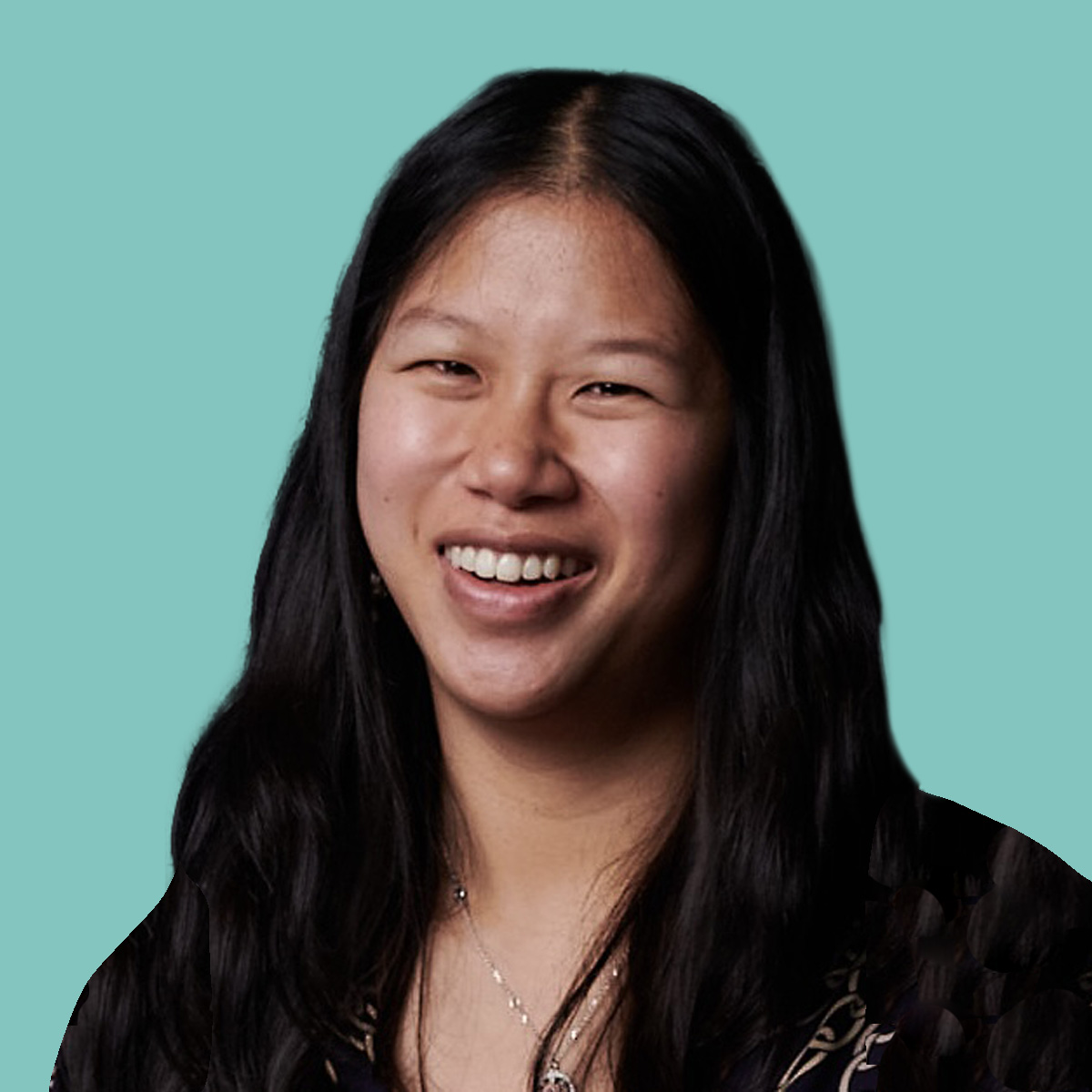
Jenna Liang Farrell is Executive Director of Keel Foundation and is currently serving as a Governor of the Centennial Parklands Foundation.
I was born and raised in Hong Kong and grew up in a very fortunate household. My parents would take us on holidays, and there would always be some element of not-for-profit work tacked onto every trip.
When I was six years old, my parents were supporting a series of schools in rural Thailand through a friend who worked at World Vision there. When we went to visit the school there were no doors or walls and I remember passing out basic supplies like pencils and packets of milk.
One of the things the community did for esteemed guests was to cook steamed crickets, which was a real delicacy. Being six years old, it was a real stretch to eat a steamed cricket! But that was my first memory of realising that there were people less fortunate than us and that we had the ability to help.
Another defining moment was when I was a teenager, and I went to Africa with my parents. We spent some time at a UNICEF child soldier refugee camp where rescued kids from the Lord's Assistance Army would go until they were placed somewhere safe. We were told that that camp didn't have enough food or supplies so we went to the markets and bought beans, rice, backpacks and shoes.
To cut a long story short, the person who ran the camp was corrupt, and sold most of the supplies after we left. I remember thinking, at 14 years old, that there’s got to be a better way to help people which is probably why I ended up studying international relations and philanthropy.
Witnessing my parents give. They've always been very generous. Both my grandparents were also generous but in different ways, which I find very interesting. We grew up in a Christian faith, so the values of giving and helping others were values that we grew up with.
I've been through a journey with my giving, that's for sure! When I was younger it was about giving from the heart, and I still think this is important. We’ve become very focused on impact measurement and making sure there's change on the ground, which is something that I spent a lot of time learning about. But it's also about looking at the solution holistically and realising that our funds play a very small role and that we can always do more.
I came to Australia after working in philanthropy in America. This connected me to some of the biggest philanthropic families and I met some amazing people who became my mentors in that space. America has a unique culture of giving.
When I came to Australia, it was a real learning curve to understand how everything works here. A lot of people say that Australians are not that generous and should be giving more. Although there's an element of truth, the thing some people overseas don’t see is that the government here provides a strong safety net, and this is a society where people really do try to look after each other.
The culture of giving is just different. In Australia, volunteering is strong, but giving financially is different here.
One of the things I loved about my time in the US is that a lot of the bigger foundations are quite well-resourced. When I was at the Aspen Institute, the funders would commission research around a particular topic to try and find the best solutions and then they would use that research to figure out where to best direct the funds. I was the person doing the research, so I got to see where the bottlenecks were and the factors that were leading to the problem. Taking time to understand these things is important. And then, you need to really listen to and trust the people that you're giving to. Do your homework on the organisation and get to know the people in charge.
I’ve always tried to spend time on the ground, understanding real issues. Sometimes we forget to listen to the people on the ground and hear what they need. This is something I am always very conscious of.
I’d really like to raise our children to be people who care about the community and their world; to truly see the needs and not turn away from them. And to be able to see both sides of a situation and empathise. I think this is really important in the world we are living in right now.
In terms of the sector, I would have answered this question very differently 10 years ago. Today, I think there are a lot of people that do care about their world and their communities but who don't know how to start. I would like those people to feel less lonely. I've spoken to a lot of people in my generation who feel alone in trying to make change. I think we need to work harder to find the people who will walk alongside you, and support you in finding the answers you need.
Jenna Liang Farrell is the Executive Director of the Keel Foundation and a Director of the Farrell Family Foundation. Formerly a Senior Advisor to the Global Philanthropists Circle in Hong Kong, Jenna collaborates with families and institutions to enhance their philanthropic and social impact efforts. She has worked at Philanthropy Australia and the Aspen Institute, focusing on next-generation and effective philanthropic strategies. Jenna has also collaborated with various non-profits across the U.S., Australia, and Asia.
Jenna is a governor of the Centennial Parklands Foundation and served on the Classification of Social Investment committee for QBE Group for seven years. She holds a MA from Columbia University and a BA from Tufts University.